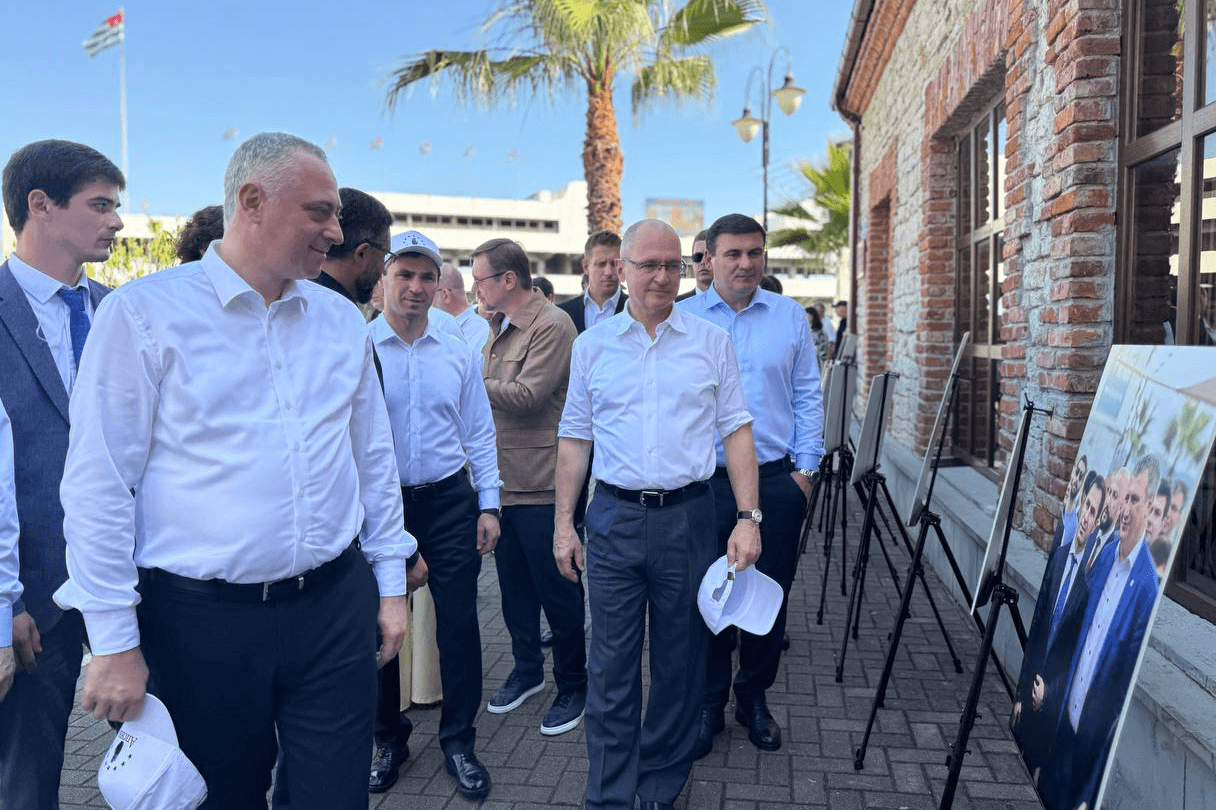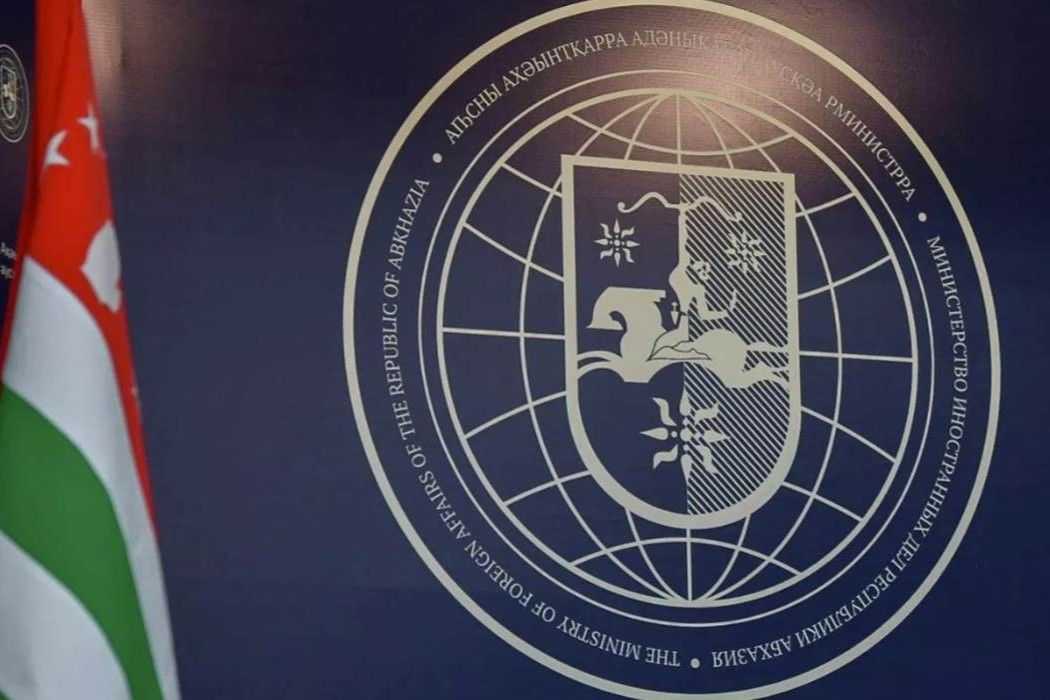
An Abkhazian opposition bloc has announced its intent to protest on 30 May in Sukhumi (Sukhum). They are demanding the government’s resignation for acting against the interests of Abkhazians and excluding them from public life.
Adgur Ardzinba, the head of the nationalist opposition Abkhaz People’s Movement, announced his bloc’s intent to protest after the passing of a two-week deadline given to President Aslan Bzhaniya to meet their demands.
They had earlier demanded the dismissal of Prime Minister Alexander Ankvab’s government, a moratorium on the increase in electricity prices, the annulment of the Pitsunda dacha deal, and the withdrawal of government plans to submit a controversial ‘law on apartments’.
Members of Abkhazia’s opposition and civil society have openly criticised the Pitsunda dacha deal since last year, which would see the transfer of a Soviet-era dacha to Russia.
[Read more on OC Media: Abkhazia’s youth protest the Pitsunda dacha deal]
The ‘law on apartments’ is a bill proposed by the government that would regulate the construction and sale of non-residential real estate. Critics of the proposed law fear that it would be used to circumvent Abkhaz laws that ban the sale of real estate to foreigners.
Speaking at the meeting in which the protest was announced, the head of the Abkhaz People’s Movement, Adgur Ardzinba, accused the government of working against ‘national interests’ and of contributing to making the Abkhaz people ‘a minority in Abkhazia’.
‘Everything that is being promoted: the law on apartments, the validation of foreign legal verdicts in Abkhazia, and so on — all this aims to exclude the Abkhaz people from tomorrow’s state government agenda, to make Abkhazia a place for significant capital of the oligarchs’, said Ardzinba.
Hina Dumaa, a member of the movement, said during the meeting that the bloc has ‘exhausted all possibilities of dialogue with the current government’.
‘[The government’s] focus is on populating the country, selling strategic assets, impoverishing the population with exorbitant electricity tariffs, and destroying the main areas of state activity, such as the nation’s health, education, and national security’, Dumaa said.
‘They leave us no choice but to call on all of you to take to the streets to force the current government to stop.’
The Abkhaz People’s Movement leads a bloc of opposition groups including Aruaa, a veteran’s group, the Forum of Abkhazia’s National Unity, and Apsny, a political party.
They announced in late April that they were coming together to prevent the ‘disappearance of the Abkhaz people’, accusing Sukhumi of promoting foreign interests at the expense of the lives and livelihoods of ethnic Abkhazians.
Said Butba, a member of the Union of Veterans and Youth, says that the bloc had held meetings with people in different areas.
‘This is not a rally of a certain person or a certain group […] this is what our citizens are asking for’, said Butba. ‘People asked to be heard on relevant issues so that they could influence the situation’.
A cabinet meeting behind closed doors
As the opposition bloc announced its protest, ministers of Ankvab’s government held a meeting in the Presidential Administration open only to state media and journalists from Sputnik, a Russian state-owned news agency.
At the meeting, Deputy Prime Minister and Economy Minister Kristina Ozgan said that electricity prices in Abkhazia were ‘justified’.
‘To put it bluntly, the statement that we have unreasonably increased prices is an absolute absurdity’, said the minister.
Abkhazia has been struggling to address an energy shortfall since last year, having almost doubled electricity prices and introduced rolling blackouts in the region.
Labour Minister Ruslan Adzhba addressed opposition concerns about Abkhaz people being unable to withdraw Russian pensions from ATMs. He said that Moscow had frozen the transfer of pensions to Abkhaz banks because some people were fraudulently receiving the pensions of deceased relatives.
Djansukh Nanba, the head of the Presidential Administration, spoke in favour of adopting the law on apartments in Abkhazia, which he stated would help regulate and legitimise the construction of commercial buildings.
‘The state budget does not receive the appropriate revenues to the budget, […] and secondly, the relationship between the seller and the buyer is not entirely clear’, he said during the meeting. ‘It is unclear and difficult to predict what all this can lead to […] The law will allow us to regulate the relationships in our country today’.
For ease of reading, we choose not to use qualifiers such as ‘de facto’, ‘unrecognised’, or ‘partially recognised’ when discussing institutions or political positions within Abkhazia, Nagorno-Karabakh, and South Ossetia. This does not imply a position on their status.







